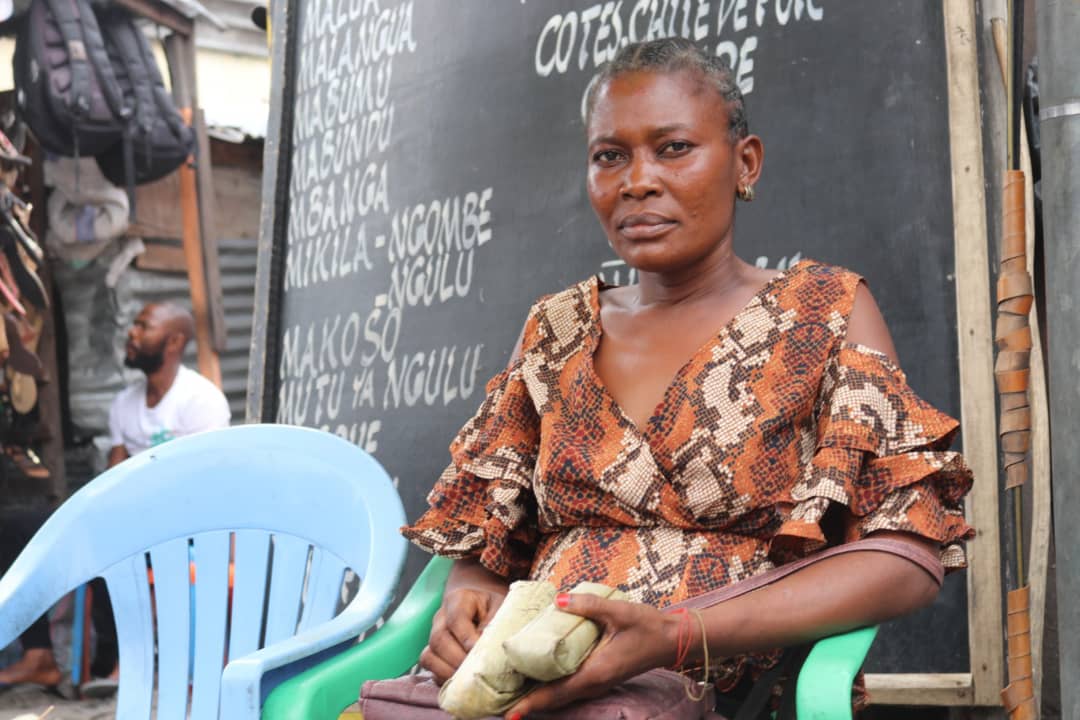AFAWA, UN WOMEN AND IMPACT HER around a table to find solutions for women Entrepreneurs
- Post detail
- AFAWA, UN WOMEN AND IMPACT HER around a table to find solutions for women Entrepreneurs

The coronavirus pandemic is wreaking economic havoc and hitting women hardest
Virtual seminar to support women entrepreneurs
18 Jul 2020 - 00:00:00
Businesses run by women are more vulnerable to closure than those run by men during this time of the coronavirus, due to women's limited access to finance, changing consumer behavior and increased women's household care responsibilities in the wake of continuing lockdowns. Across the continent, the coronavirus pandemic is wreaking economic havoc and hitting women the hardest. Small and medium-sized enterprises (SMEs) run by women are more at risk of closure because they are generally smaller and operate on average in service sectors with low profit margins. These and other important findings from a new policy brief highlighting policy solutions to support women-led businesses in Africa in a post-COVID-19 world, were released during a webinar organized on Wednesday July 15 by the Affirmative Financial Action for Women in Africa (AFAWA) program of the African Development Bank, in collaboration with UN Women and ImpactHER. “The compilation and analysis of real-time data is crucial for Africa to respond to the pandemic. The survey of women-led businesses across all sectors and industries offers the opportunity to set up targeted interventions aimed at keeping these essential contributors to African economies afloat”, underlined Esther Dassanou, coordinator of AFAWA. The brief, titled “Transformative policy solutions to support women-led businesses in Africa in a post Covid-19 world”, was presented during this webinar moderated by Elena Ruiz, UN Women, Regional Advisor in women's economic empowerment policy for West and Central Africa and which brought together more than 200 participants. This brief contains the results of a survey conducted by ImpactHER on the impact of COVID-19 on over 1,300 women-led SMEs in 30 African countries. “The briefing note and discussion brought to the table strategies that work for women entrepreneurs in the region. We hope this will help ensure that women entrepreneurs and women-led businesses are at the center of plans recovery from COVID19, and to help governments and other actors build a post-COVID economy that challenges, rather than reproduces, gender inequalities,” Ms. Ruiz noted. This virtual seminar was attended by a panel consisting of Ms. Ada Udechukwu, Head of Women's Banking at Access Bank, Nigeria; Ms. Efe Ukala, Founder of ImpactHer; Madame Sylvia Natukunda, founder and CEO of Farm Reap yoghurt company in Uganda; Mr. Kosi Yankey, Executive Director of the National Council of Small Industries in Ghana and Dr. Boutheina Ben Yaghlane Ben Slimane, Managing Director of the Caisse des dépôts et consignations in Tunisia. They shared government, private and banking sector perspectives on how women-led businesses in tourism, commerce, retail, hospitality, education, personal care and other similar sectors have suffered as a result of Cororavirus, and offered recommendations for immediate, short and medium term solutions to mitigate the impact on women-led businesses. “ImpactHER commissioned this survey to enable it to provide practical solutions for women-led businesses,” said Efe Ukala, its founder. “So far, ImpactHER has offered resilience trainings, bespoke business advisory services including financial forecasting, valuations, corporate restructurings, rebranding, technology tools such as e-commerce websites that are key to ensuring the viability of women entrepreneurs in a post-COVID era.” ImpactHER has provided such support to more than 3,000 women entrepreneurs in more than 25 African countries, noted ImpactHer Founder Ms. Ukala. Panelists also showcased solutions in action, such as the African Development Bank's recent approval of a €264 million loan to help the Moroccan government alleviate the health and socio-economic crisis caused by the pandemic. . A portion of these funds will be used to mobilize financial resources for women-owned businesses whose cash flow has deteriorated due to declining business. Thanks to Bank Al-Maghrib, SMEs owned by women will have access to guarantees covering 95% of the amount of the loan and allowing banks to quickly constitute exceptional overdrafts to finance the working capital needs of the target companies. “The fight against the pandemic requires the involvement of the public and private sectors to build the capacities of women entrepreneurs to bounce back from the crisis. Efforts such as those deployed in Morocco as well as in Tunisia and Ghana, should be replicated throughout the continent,” said Ms. Dassanou, Coordinator of AFAWA. Discussions also showed how the Coronavirus not only potentially exacerbates already existing inequalities between men and women, but has led to other barriers for women, including limited access to funding, key networks, information, skills gaps, and limited control over the assets they can use to obtain finance.
Images
Please sign in to flag this as inappropriate.
00
Gabrielle Nina Mitch 4 Years Ago





